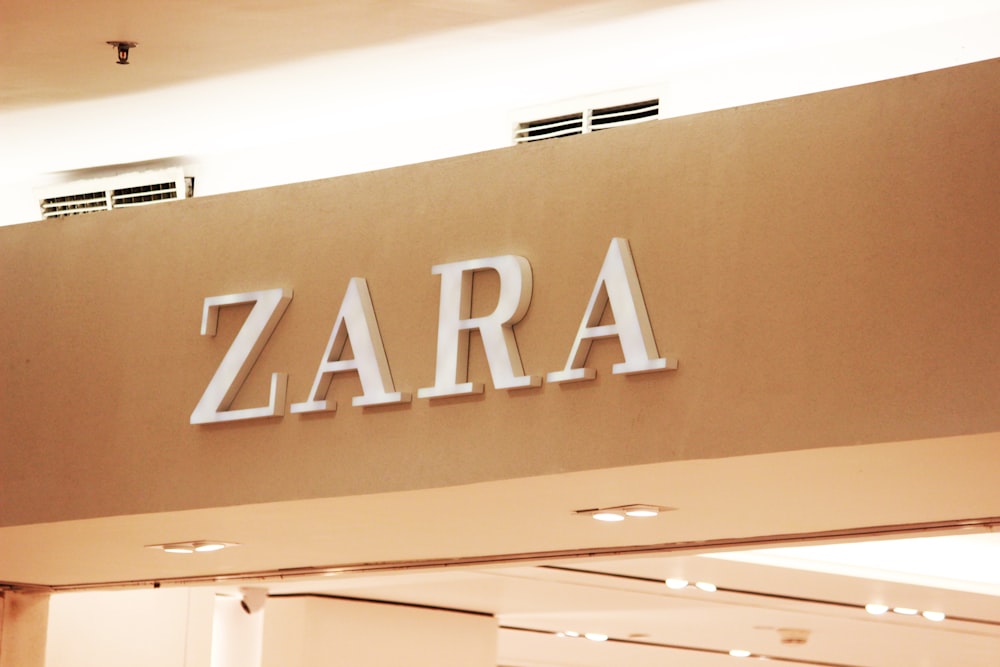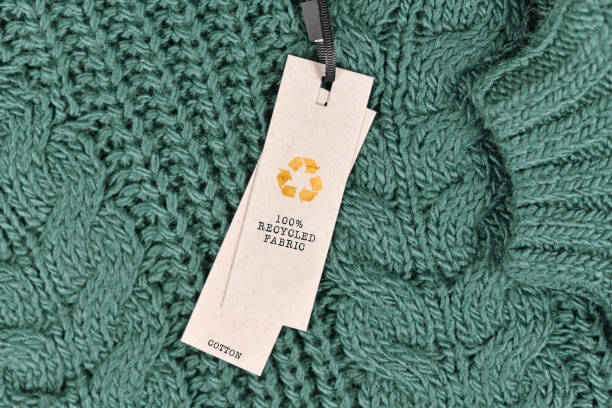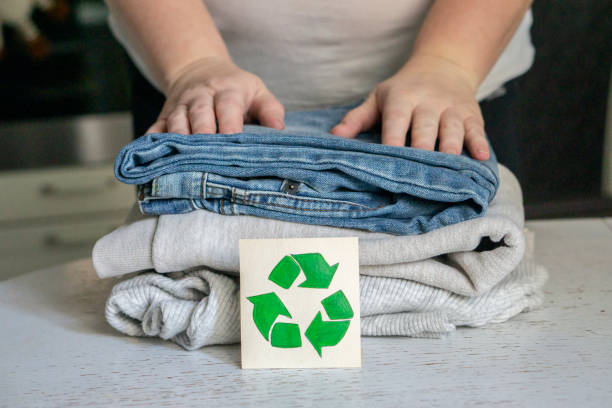Let’s explore if the fashion industry is classist.
The fashion industry perpetuates classism by showcasing wealth and status through style choices. Trends constantly shift, pressuring industry insiders to keep up.
This often means dictating what people should and shouldn’t wear. Essentially, the industry profits by making individuals feel inadequate.
Wealthy individuals easily stay current with the latest styles. Financially secure people can afford trendy clothes. Conversely, those lacking wealth struggle to access fashion.
Fashion’s classist system limits its accessibility to the affluent. Recently, the industry split into two main categories.
Fast fashion offers cheap, readily available clothing but uses environmentally harmful materials.
On the other hand, sustainable fashion emphasizes ethical practices and environmental care.
Major brands are increasingly embracing sustainable fashion due to its rising popularity and consumer demand.

Fast Fashion vs Sustainable Fashion
What is fast fashion?

Fast fashion refers to low-cost, attractive clothing that goes swiftly from design to retail stores in order to keep up with the latest trends, with new collections being launched on a regular basis.
It became popular as a result of cheaper, faster manufacturing and shipping technologies, increased consumer demand for up-to-date styles, and increased consumer purchasing power—particularly among young people—to satisfy these instant gratification wants.
Fast fashion is threatening the major clothing labels’ practice of producing new collections and lines on a regular, seasonal basis as a result of all of this.
Fast-fashion retailers are known for introducing new products numerous times a week in order to stay on-trend.
Zara, H&M, GAP, and Topshop are just a few of the fast fashion juggernauts.
Consumers benefit from low pricing and immediate gratification, while businesses benefit from increased earnings and the democratisation of fashionable clothing.
Fast fashion, on the other hand, is associated with a number of unethical practices. Fast fashion retailers are frequently associated with subcontracting manufacturers in Bangladesh and Myanmar due to their need for low prices and quick availability.
Innovative Tech Solutions, Tailored for You
Our leading tech firm crafts custom software, web & mobile apps, designed with your unique needs in mind. Elevate your business with cutting-edge solutions no one else can offer.
Start NowThese countries’ manufacturers may have less-than-ideal working conditions, which is why they’re sometimes referred to as “sweatshops.” Fast fashion is also linked to environmental degradation and waste.
What is sustainable fashion?

Sustainable fashion means creating and buying clothes and accessories responsibly, both environmentally and socially. This definition includes the term “accessible” to ensure it’s not limited to just new item purchases.
Marketing often suggests buying new to be sustainable, but this isn’t true. We can choose sustainable shopping without always buying new.
You can wear what you already own. Shopping secondhand is another great option. Swapping or borrowing from friends also supports sustainable fashion without buying new.
Is the Sustainable Fashion Movement Classist?

Sustainability is crucial today; we must minimize hazardous waste for the environment. People are learning eco-friendly habits through social media, magazines, and schools. They’re recycling, reusing, and thinking before buying.
Avoiding fast fashion brands like Forever 21, Zara, and H&M is part of this trend. Instead, consumers are choosing eco-conscious labels. These brands use natural materials, save water, and even use recycled trash in their products.
Being part of the sustainable fashion movement is popular and vital for the environment. However, brands like Reformation and People Tree can be expensive. Many can’t afford to fill their closets with these pricey items.
This poses a dilemma for middle and lower-class consumers. They make up most of the fashion market but face limited choices due to cost and accessibility.
So, should people feel guilty for choosing affordable fast fashion over sustainable options?
Read: Luxury Brands and Their Impact on the Fashion Lifestyle
The Midpoint

Thrifting and online resale markets offer affordable options for sustainable fashion. Many turn to Goodwill, Poshmark, and Depop for eco-friendly apparel. College students, like many, find thrifting their only sustainable choice due to costs.
Thrifting, though time-consuming, has its thrill. Resale apps and websites make finding gems easy. With a quick search or thrift store visit, one can snag anything from a basic tee to a chic jacket.
These methods are not only budget-friendly but also eco-conscious. Thrift stores and consignment shops offer affordable, sustainable fashion options. It’s a win-win for both your wallet and the planet.
However, not everyone lives near thrift stores or has time for extensive searches. Access to resale apps is also limited for some. So, what’s the solution for those unable to thrift?
The challenge lies in making sustainable fashion accessible to all. While thrifting and resale are growing trends, they aren’t feasible for everyone. Some simply can’t afford sustainable apparel or don’t have access.
The real issue? Fast fashion’s environmental impact and its accessibility. Changing purchasing habits is necessary, but shaming those who buy fast fashion unfairly blames consumers.
Who should reform the system and end fast fashion’s reign? That remains a question. The answer requires systemic change, not individual blame.
Conclusion
Yes, the current sustainable fashion movement is classist because it ignores those in the middle and lower classes who have limited buying alternatives and fails to educate those who have the ability to do better.
So, what’s the way forward? Do what you can as a solution. If you have the ability, educate yourself on sustainability, know where your clothes originate from and try to improve your shopping habits.
“We’re all in this together,” Troy Bolton from High School Musical once said. That is the reality. We are all accountable for caring for the world and each other, regardless of our background, social status, or economic level.
That means putting an end to fast fashion and shopping in a more sustainable way by doing your part.
Before you go…
Hey, thank you for reading this blog to the end. I hope it was helpful. Let me tell you a little bit about Nicholas Idoko Technologies.
We help businesses and companies build an online presence by developing web, mobile, desktop, and blockchain applications.
We also help aspiring software developers and programmers learn the skills they need to have a successful career.
Seamless API Connectivity for Next-Level Integration
Unlock limitless possibilities by connecting your systems with a custom API built to perform flawlessly. Stand apart with our solutions that others simply can’t offer.
Get StartedTake your first step to becoming a programming boss by joining our Learn To Code academy today!
Be sure to contact us if you need more information or have any questions! We are readily available.










